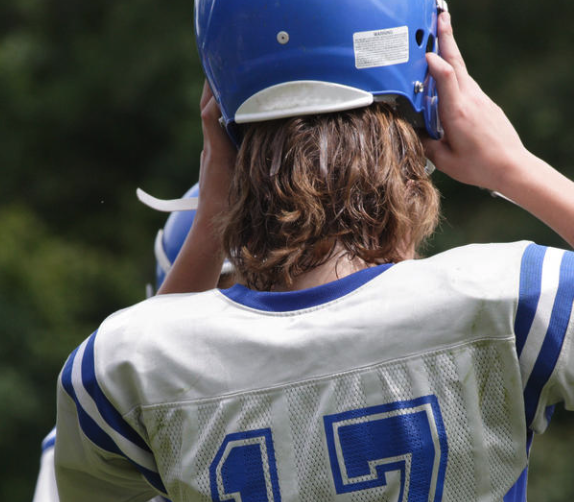We know concussions are common childhood injuries, unfortunately. But now a new study out of Seattle finds that, each year, a staggering 1.1 million to 1.9 million U.S. kids under age 18 sustain this type of traumatic brain injury during sports and recreational activities.
According to the Seattle Times, researchers from the University of Washington and Seattle Children's, as well as the University of Colorado, looked at three very large data sets and came up with "the most accurate and precise estimate to date."
"This new information gives us a frame of reference for how common concussions in kids are," explained lead author Mersine Bryan, M.D., an acting instructor and research fellow in pediatrics at the University of Washington School of Medicine and Seattle Children's Research Institute. "It's important on a population level because so many kids and adolescents participate in sports and recreational activities." In fact, more than 44 million youth take part in sports annually, according to the National Council of Youth Sports.
RELATED: 11 Concussion Myths That Could Hurt Your Child
In the study, which is published in the journal Pediatrics, researchers also estimate that between 512,000 and 1.2 million concussions aren't even reported to health-care providers. And that's potentially problematic since concussions can lead to long-term health issues like learning and memory impairment.
Even more frighteningly, an undiagnosed concussion puts a child at risk for second-impact syndrome, which happens when he or she suffers a second concussion before the first one has properly healed. The brain can swell rapidly, and it can even cause death.
RELATED: Why Girls' Concussions Are Different From Boys'
The takeaway: You can never be too cautious when it comes to addressing a child's head injury. Here are some signs to look for if you think your child may have a concussion:
dizziness, or appearing dazed, stunned, or confused
trouble recalling events that happened before or after the bump or fall
difficulty thinking, reading, or concentrating
feeling sluggish or groggy
headache
nausea or vomiting repeatedly
balance impairment
blurred vision
unusual sleepiness
sensitivity to light
noticeable changes in mood, like anxiety or sadness
bulges in the soft spot for babies who don't walk or talk yet
disinterest in feeding for babies
high-pitched crying
You'll want to contact your child's pediatrician if you aren't sure if he or she has suffered a concussion. The doctor can properly diagnose your child and advise you on the best course of treatment either way.
By Melissa Willets



